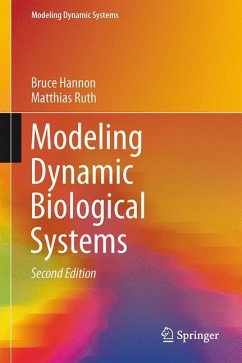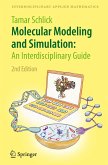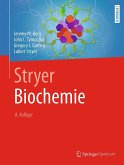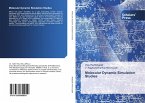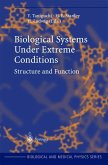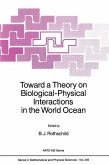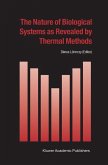Many biologists and ecologists have developed models that find widespread use in theoretical investigations and in applications to organism behavior, disease control, population and metapopulation theory, ecosystem dynamics, and environmental management. This book captures and extends the process of model development by concentrating on the dynamic aspects of these processes and by providing the tools such that virtually anyone with basic knowledge in the Life Sciences can develop meaningful dynamic models. Examples of the systems modeled in the book range from models of cell development, the beating heart, the growth and spread of insects, spatial competition and extinction, to the spread and control of epidemics, including the conditions for the development of chaos. Key features: - easy-to-learn and easy-to-use software - examples from many subdisciplines of biology, covering models of cells, organisms, populations, and metapopulations - no prior computer or programming experience required Key benefits: - learn how to develop modeling skills and system thinking on your own rather than use models developed by others - be able to easily run models under alternative assumptions and investigate the implications of these assumptions for the dynamics of the biological system being modeled - develop skills to assess the dynamics of biological systems
Bitte wählen Sie Ihr Anliegen aus.
Rechnungen
Retourenschein anfordern
Bestellstatus
Storno

